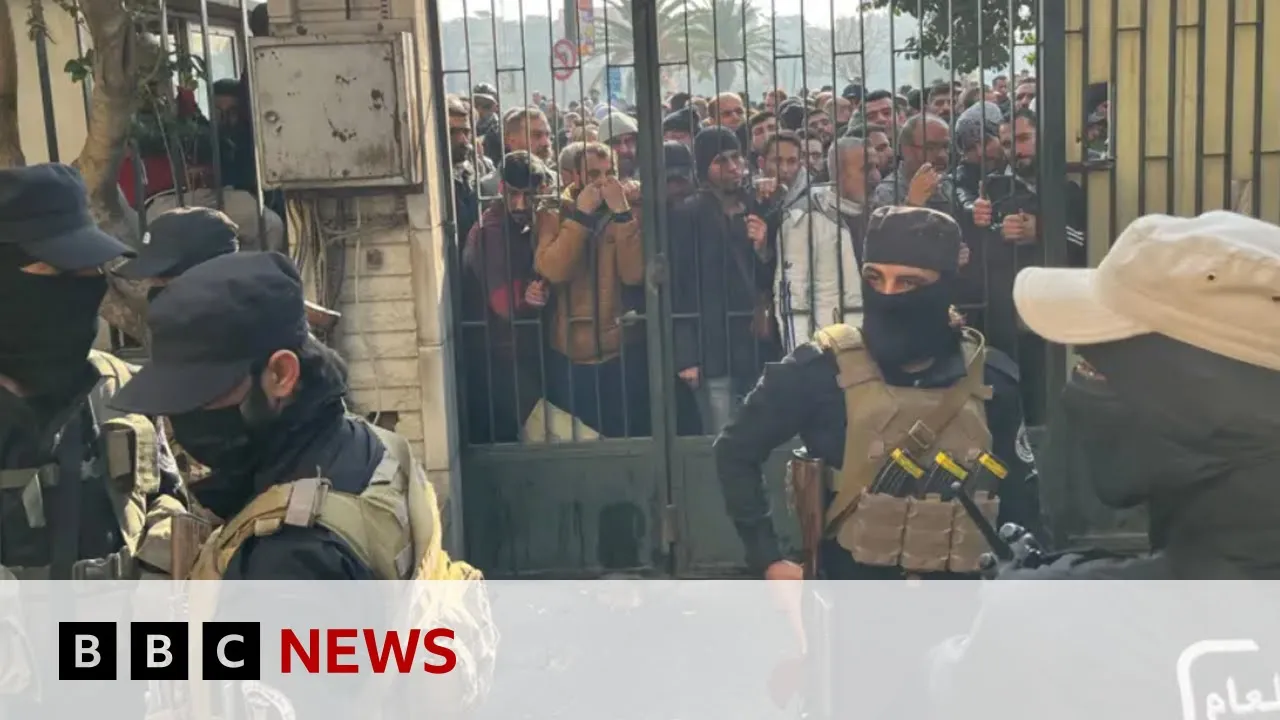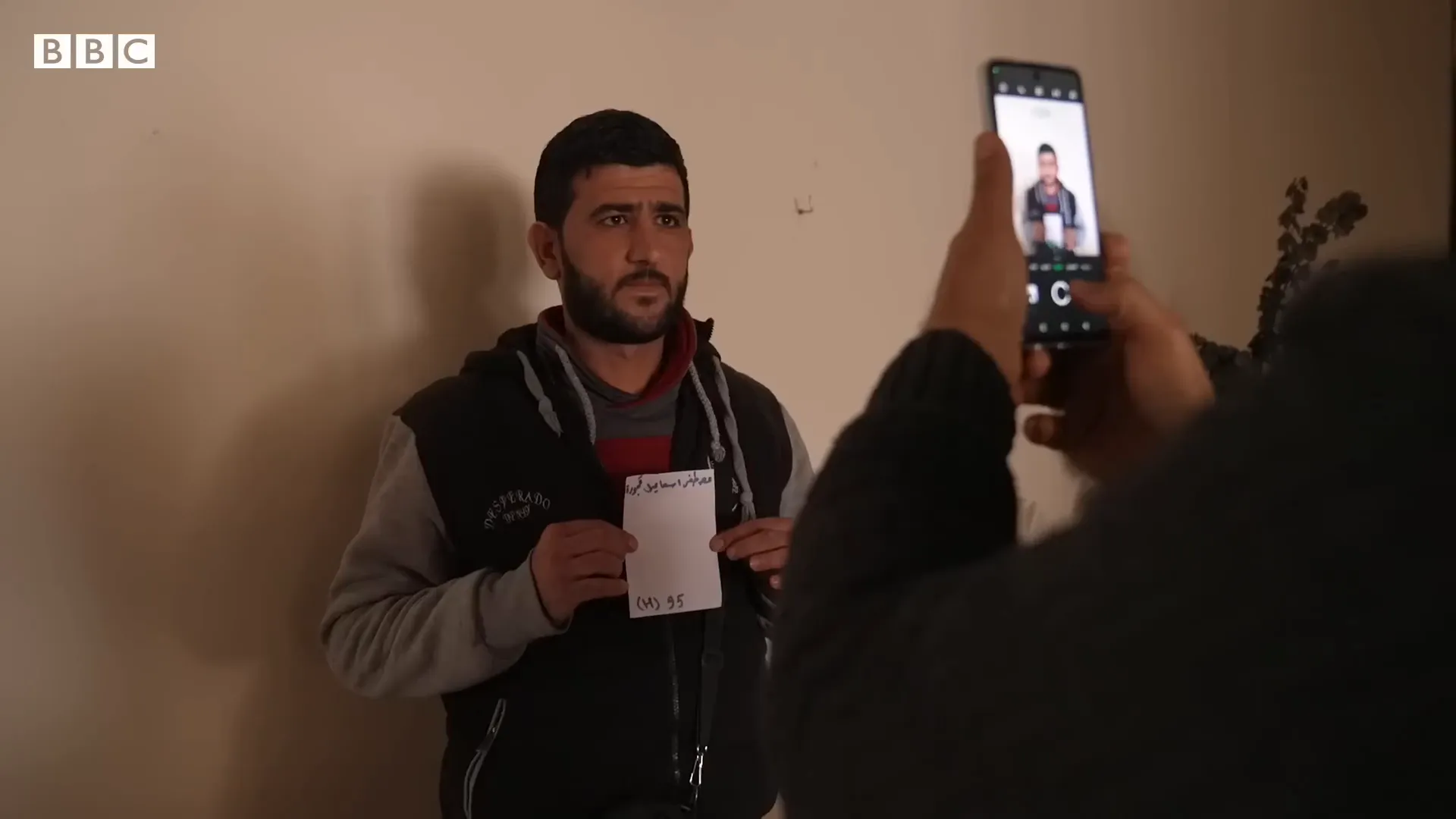
Table of Contents
🤝 A Shift in Power Dynamics
In a remarkable shift of allegiances, former soldiers of Bashar al-Assad’s regime are flocking to reconciliation centres run by the very insurgents they once fought against. This transition paints a picture of the changing landscape in Syria, where the lines between combatants and civilians are becoming increasingly blurred.
🔍 Understanding the Collapse of Assad’s Military
One poignant story comes from Muhammad Ramadan, who served on the outskirts of Damascus. As he hands over his Kalashnikov, he reflects on the reasons behind the rapid collapse of Assad’s military forces. “There was no one to give us any orders,” he explains. Many commanders fled, leaving soldiers with little motivation to fight for a regime that failed to provide adequate support.
Ramadan’s experience is echoed by others who reported daily rations of just an egg and a potato, alongside monthly salaries of less than $30. The dire conditions led to a sense of betrayal among long-serving soldiers like SAR alham, who expressed feelings of abandonment by the regime.
📜 The Promise of Amnesty
At these reconciliation centres, former soldiers are offered civilian IDs and assurances of amnesty. However, many express regret over their past involvement in the regime’s actions, with some insisting they were not part of the regime’s crimes. The challenge remains: can Syria truly move on from the brutality of the past 13 years of civil war?
🕵️♂️ Reports of Revenge Killings
As the country attempts to navigate this transition, troubling reports of revenge killings have begun to surface. In an area predominantly inhabited by the Alawite community, to which Assad belongs, tensions are rising. The brother of a slain judge believes the killing is indicative of a backlash against those associated with the regime.
Despite assurances from Hayat Tahrir al-Sham (HTS), the governing authority in the region, that they did not commit these crimes, the atmosphere remains tense. The need for accountability and protection is paramount as the new government seeks to establish legitimacy.
📈 The Road Ahead for Syria
As Syria grapples with this delicate moment, the question looms: is it possible to forget the past and foster a genuine reconciliation? The landscape is fraught with challenges, but the efforts to establish reconciliation centres represent a significant step in the ongoing struggle for peace in Syria.
❓ Frequently Asked Questions
- What are reconciliation centres?
Reconciliation centres are facilities where former combatants can surrender their weapons and receive assurances of amnesty, allowing them to reintegrate into civilian life. - Why are former soldiers surrendering?
Many former soldiers are surrendering due to a lack of support from their commanders, poor living conditions, and a desire to escape the brutalities of war. - What is the risk of revenge killings?
As power dynamics shift, there is a growing concern that revenge killings may occur against those associated with the previous regime, creating further instability.
🌍 Stay Informed
For more insights and updates on global news, check out the BBC News YouTube channel. Their coverage provides a behind-the-scenes look at significant events shaping our world today.


